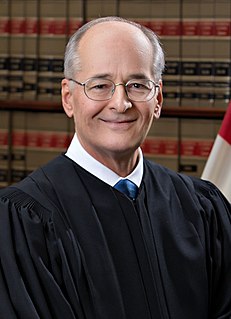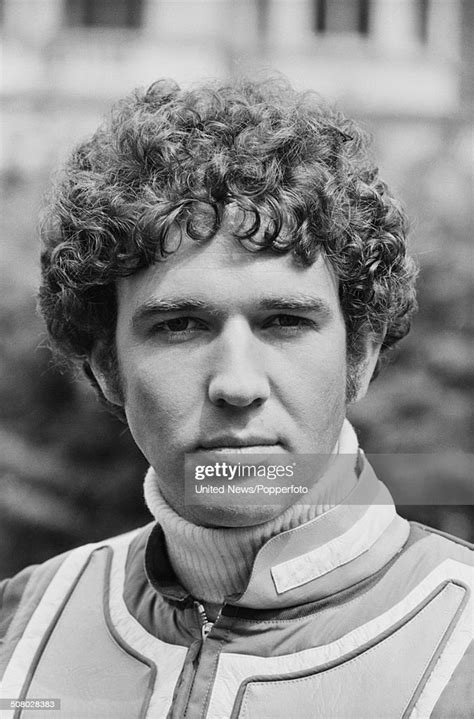A Quote by Alan Dershowitz
The judge also has a truth he wants to hide: He often hasn't been completely candid in describing the facts or the law.
Related Quotes
There has been no clearer principle of English or American constitutional law than that, in criminal cases, it is not only the power and duty of juries to judge what are the facts, what is the law, and what is the moral intent of the accused; but that it is also their power, and their primary and paramount duty, to judge the justice of the law, and to hold all laws invalid, that are, in their opinion, unjust or oppressive, and find all persons guiltless in violating, or resisting the execution of, such laws.
There was once a professor of law who said to his students. When you are fighting a case, if you have facts on your side hammer them into the jury, and if you have the law on your side hammer it into the judge. But if you have neither the facts nor the law, asked one of his listeners? Then hammer the hell into the table, answered the professor.
People must be confident that a judge's decisions are determined by the law and only the law. He must be faithful to the Constitution and statutes passed by Congress. Fidelity to the Constitution and the law has been the cornerstone of my life and the hallmark of the kind of judge I have tried to be.
I'm a common law judge. I believe in deciding every case on its facts, not on a legal philosophy. And I believe in deciding each case in the most limited way possible, because common law judges have a firm belief that the best development of the law is the one that lets society show you the next step, and that next step is in the new facts that each case presents.


































